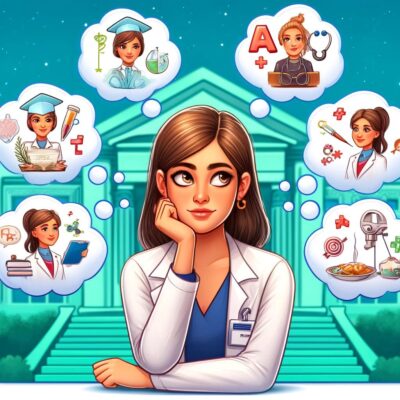A Partner’s Guide to Surviging Medical School & Residency
Next week, we’ll be releasing our course on putting together your medical school personal statement. Before we began, though, I wanted to provide the additional perspective of somebody married to a doctor. When we first...




